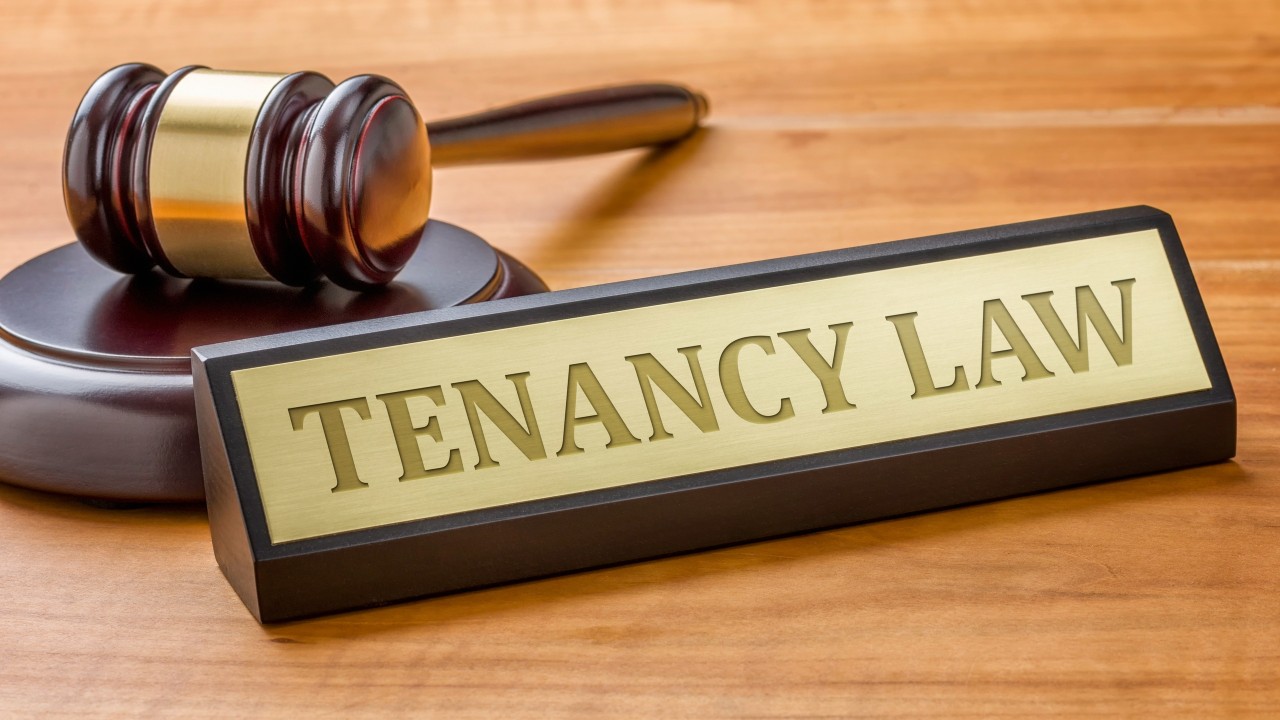The Lagos State Tenancy and Recovery of Premises Bill (2025), currently under review in the legislative house, marks the government’s latest move to address the state’s persistent housing challenges. With longstanding frictions between landlords, tenants, and agents, stronger regulation is both necessary and overdue. However, simply passing new laws isn’t enough—genuine transformation will hinge on rigorous enforcement, ongoing adjustments, and, crucially, a massive expansion of available housing to bridge the city’s significant deficit.
If enacted, the Bill aims to settle the recurrent disputes between the stakeholders in Lagos housing. It introduces firm limits on agency commissions, clarifies rent review procedures, and extends tenancy laws throughout the entire state.
With proper implementation, these changes could cut transaction costs, speed up dispute resolutions, and inspire more trust in a market often hampered by suspicion. Without effective follow-through, however, it risks becoming another well-intentioned law that fails to change the daily realities in Lagos.
The existing legal foundation—the 2011 Tenancy Law, consolidated in the 2015 Lagos State Laws—imposes restrictions on advance rent, requires landlords to give receipts and notices, and bans unlawful evictions. Yet its impact has been blunted by weak enforcement: landlords continue to demand two years’ rent upfront, arbitrarily inflate fees, and resort to unlawful evictions.
The new Bill offers real progress: a 5% cap on agency fees, strict penalties for overcharging, provisions for virtual hearings, and emphasis on alternative dispute resolution. Importantly, landlords are required to register agents with the Lagos State Real Estate Regulatory Authority (LASRERA). Tenants will have increased power to challenge unjust rent hikes before being threatened with eviction.
Yet, these measures alone won’t suffice. For true impact, Lagos must establish dedicated tenancy courts and couple its legal reforms with major initiatives to address the city’s housing shortage. The estate agency industry, too, demands attention: today, virtually anyone can become an agent and charge arbitrary fees, despite national regulations reserving such roles for registered Estate Surveyors and Valuers (ESVs). The new law should acknowledge this unique landscape and introduce harmonised, fair fee structures, alongside clear distinctions for different types of estate agents.
To create a more organised real estate marketplace and protect all parties, Lagos should pursue a licensing system that brings together ESVs, corporate agencies (like those affiliated with AEAN and ERCAAN), and independent agents under a single, tiered regulatory framework. Exclusionary approaches should give way to inclusiveness, with compulsory training and strict accountability for all agents. LASRERA would function as the sector’s regulator, maintaining a comprehensive, up-to-date record of all accredited agents and ensuring strong consumer protections.
Swift justice is also vital. Currently, tenancy disputes languish in overcrowded Magistrates’ Courts, often for years, prompting frustrated landlords to resort to “self-help” and worsening the housing climate. Dedicated tenancy courts—with exclusive focus, streamlined processes, mediation-first requirements, and strict case deadlines—would offer faster, fairer resolutions. Specialised training for court staff and clear, published timelines would help ensure accountability.
Deeper reforms are needed to promote harmonious landlord-tenant relations day-to-day. Standardised, plain-English leases, itemised service charges, and checklists would pre-empt misunderstandings. Rent held in escrow for contested cases would protect both parties’ interests. Harsh penalties for illegal rent practices and self-help evictions could fund mediation services and legal aid. Regular public education campaigns spearheaded by LASRERA would help defuse conflicts arising from basic misunderstandings.
However, no legal revamp will truly solve Lagos’ rental woes if residents still face a shortage of affordable homes. Over 70% of the population rents, with many household budgets stretched to the limit by soaring costs. To fix this, the state must accelerate housing construction—streamlining planning approvals, creating incentives for affordable units, and offering tax benefits for developers who provide genuine rental housing.
Financing solutions like a Rental Housing Fund, build-to-rent schemes, and real estate investment trusts can spark necessary supply. Scaled-up rent-to-own schemes, with fair contracts enabling tenants to gradually acquire equity, would open new possibilities. Developers should be rewarded—through quicker infrastructure access, for example—for committing to rent caps on designated units.
The capped agency fees and tenants’ rights to contest unfair increases will win support from renters. Landlords will be reassured by promises of faster, impartial courts. Agents’ concerns about lost income must be addressed through professionalisation and regulatory clarity.
The real task is not to pause reform, but to implement it thoroughly: professionalise the estate agency sector, accelerate dispute resolution, and, above all, expand supply. Fair warning periods and transparent systems will build renter compliance; speedy court processes will encourage landlord trust; investors will respond to clear, enforceable rules.
In sum, the 2025 Bill presents Lagos with a pivotal chance to remake its rental market. With the right fine-tuning in the legislature and an executive agenda focused equally on housing expansion, Lagos can move from chronic discord to a vibrant, fair, and growing rental economy.










